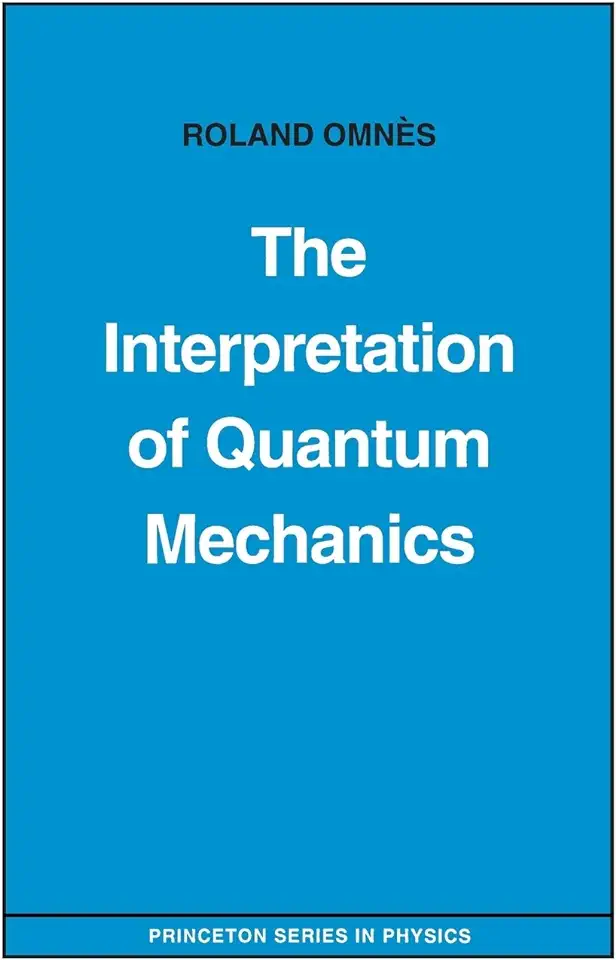
The Interpretation of Quantum Mechanics - Roland Omnès
The Interpretation of Quantum Mechanics: A Comprehensive Guide to the Most Important Theory in Physics
Introduction
In this groundbreaking book, Roland Omnès provides a comprehensive and accessible guide to the interpretation of quantum mechanics, one of the most important and revolutionary theories in physics. With its unique blend of mathematical rigor and philosophical insight, this book offers a deep understanding of the fundamental principles and implications of quantum mechanics, making it an essential resource for physicists, philosophers, and anyone interested in the foundations of modern science.
Key Features:
Comprehensive Coverage: Omnès covers a wide range of topics, from the basic postulates of quantum mechanics to the most recent developments in the field, providing a comprehensive understanding of the subject.
Mathematical Rigor: The book presents the mathematical foundations of quantum mechanics in a clear and concise manner, making it accessible to readers with a strong background in mathematics and physics.
Philosophical Insight: Omnès explores the philosophical implications of quantum mechanics, addressing fundamental questions about the nature of reality, causality, and the relationship between the observer and the observed.
Historical Context: The book provides a historical perspective on the development of quantum mechanics, tracing its origins from the early ideas of Planck and Einstein to the modern formulation of the theory.
Chapter Summaries:
Chapter 1: The Basic Postulates of Quantum Mechanics
- Introduces the fundamental principles of quantum mechanics, including the wave-particle duality of matter, the uncertainty principle, and the superposition principle.
Chapter 2: The Mathematical Formalism of Quantum Mechanics
- Presents the mathematical framework of quantum mechanics, including the Schrödinger equation, the wave function, and the operators that represent physical observables.
Chapter 3: The Measurement Problem
- Explores the central problem of quantum mechanics, which arises when trying to understand how the wave function collapses into a definite state upon measurement.
Chapter 4: Interpretations of Quantum Mechanics
- Discusses various interpretations of quantum mechanics, including the Copenhagen interpretation, the Many-Worlds interpretation, and the Decoherence theory.
Chapter 5: Quantum Entanglement and Bell's Theorem
- Examines the phenomenon of quantum entanglement and its implications for the foundations of quantum mechanics, including the violation of Bell's inequality.
Chapter 6: Quantum Information and Computation
- Explores the emerging field of quantum information and computation, which has the potential to revolutionize computing and communication technologies.
Conclusion:
"The Interpretation of Quantum Mechanics" is a must-read for anyone seeking a deep understanding of one of the most important and fascinating theories in physics. With its comprehensive coverage, mathematical rigor, philosophical insight, and historical context, this book provides a comprehensive guide to the interpretation of quantum mechanics, making it an essential resource for physicists, philosophers, and anyone interested in the foundations of modern science.
Enjoyed the summary? Discover all the details and take your reading to the next level — [click here to view the book on Amazon!]